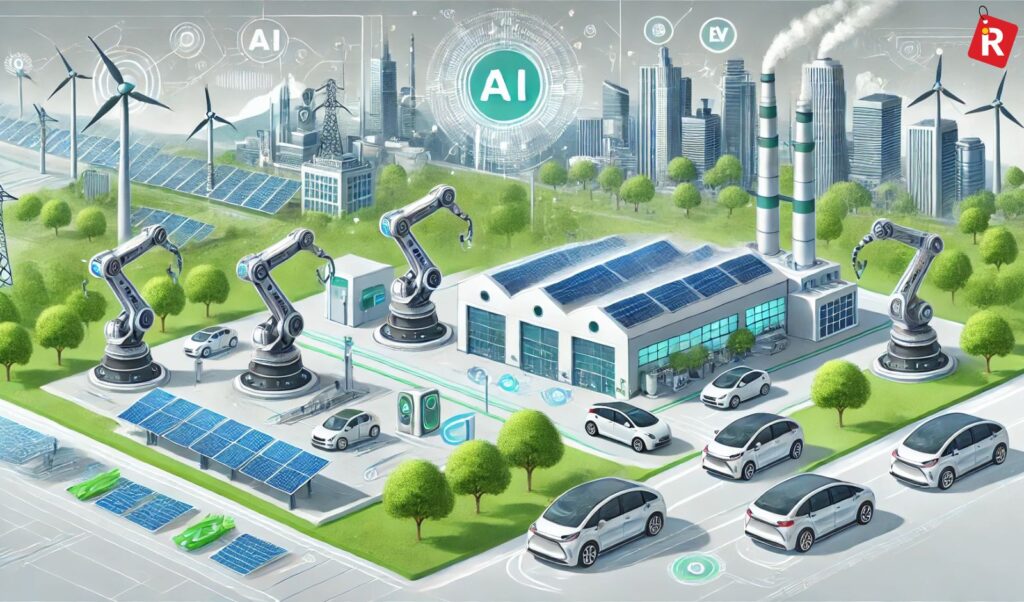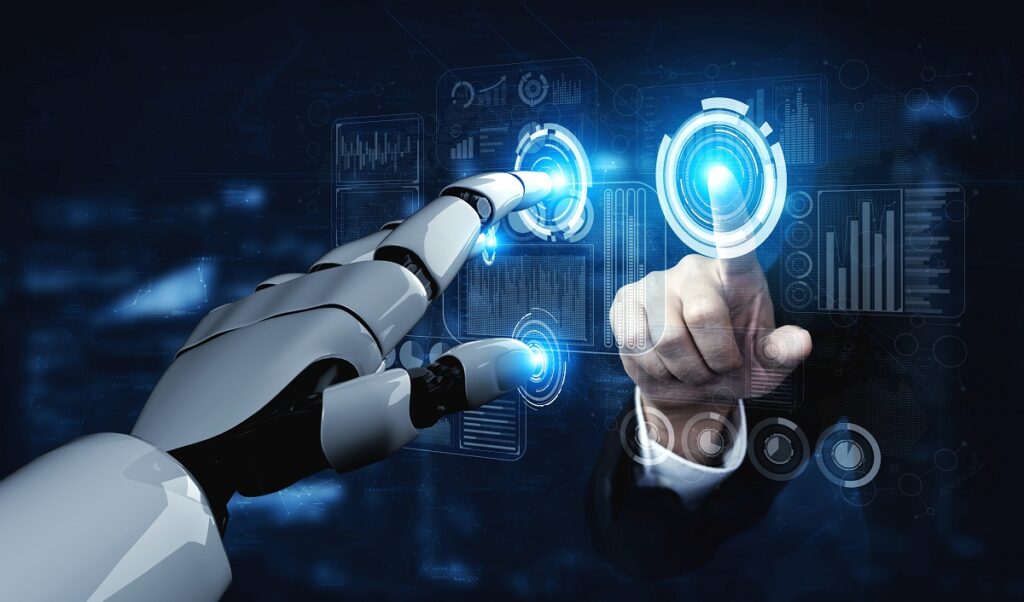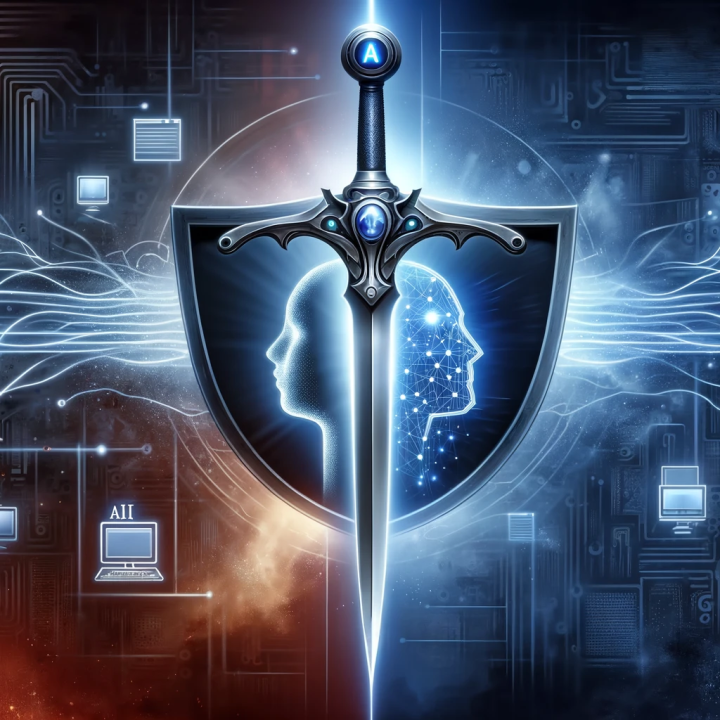Introduction
Artificial Intelligence (AI) is no longer a concept of science fiction—it’s a transformative force shaping our world. From voice assistants and self-driving cars to medical diagnostics and financial forecasting, AI is revolutionizing how we live, work, and think. As one of the most powerful technologies of the 21st century, AI brings both unprecedented opportunities and serious ethical challenges. This essay explores the definition, development, benefits, risks, and the future of AI.
What is Artificial Intelligence?
AI refers to the simulation of human intelligence in machines that are designed to think, learn, and make decisions. It involves subfields such as machine learning, natural language processing, computer vision, and robotics. AI systems can analyze vast amounts of data, recognize patterns, and perform tasks that usually require human intelligence.
The Evolution of AI

The idea of intelligent machines dates back to ancient myths, but modern AI began in the 1950s. Early AI was rule-based and limited, but advancements in computing power and data availability led to the rise of machine learning, where computers learn from data rather than being explicitly programmed. Today, deep learning—a form of machine learning that mimics the human brain’s neural networks—is driving major breakthroughs in AI capabilities.
Applications of AI

1. Healthcare
AI helps diagnose diseases, recommend treatments, and predict outbreaks. Tools like AI-assisted radiology and drug discovery are accelerating medical progress.
2. Transportation
Autonomous vehicles, traffic management systems, and logistics optimization rely heavily on AI for safety and efficiency.
3. Finance
AI is used for fraud detection, algorithmic trading, credit scoring, and personalized banking services.
4. Education
AI enables personalized learning platforms, virtual tutors, and automated grading systems, making education more accessible and tailored.
5. Daily Life
From smartphones to smart homes, AI powers voice assistants, recommendation engines, and translation tools that make life easier and more connected.
Benefits of AI
- Efficiency: AI can process data faster and more accurately than humans, improving productivity across industries.
- 24/7 Availability: Unlike humans, AI systems don’t tire, making them ideal for round-the-clock tasks.
- Cost Reduction: Automation through AI reduces labor costs and human error.
- Innovation: AI is opening new frontiers in creativity, science, and technology.
Risks and Ethical Concerns

1. Job Displacement
AI may replace human workers, especially in repetitive or low-skill jobs, raising concerns about unemployment and economic inequality.
2. Bias and Discrimination
If AI is trained on biased data, it can reinforce and amplify social injustices, such as racial or gender discrimination.
3. Privacy Invasion
AI systems that collect and analyze personal data pose threats to privacy and civil liberties.
4. Autonomous Weapons
The use of AI in military applications, including drones and autonomous weapons, raises moral and legal questions.
5. Lack of Accountability
When AI systems make decisions—especially in critical fields like healthcare or law—it’s difficult to determine who is responsible when things go wrong.
The Future of AI
The future of AI holds great promise. Emerging developments in general AI—systems that can perform any intellectual task a human can—could revolutionize every aspect of life. However, ensuring that AI is safe, ethical, and beneficial for all is crucial. International cooperation, regulation, and transparency will be essential in guiding the responsible development of AI.
Conclusion

Artificial Intelligence is a double-edged sword. It has the power to solve global problems, increase human capabilities, and unlock new forms of progress. Yet, without careful control, it could also deepen inequality, infringe on rights, and pose existential threats. The future of AI depends not just on what it can do—but on the choices we make today about how to use it. Humanity must shape AI with wisdom, ethics, and a shared vision for a better world.